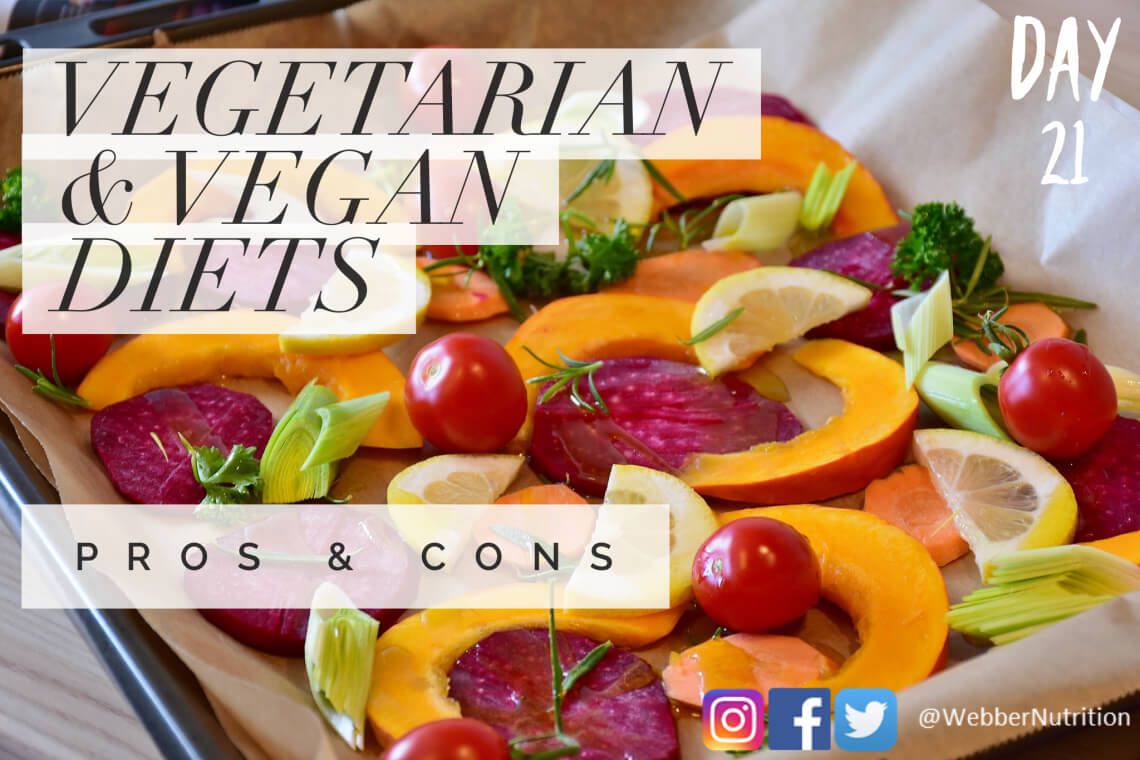In today’s fast-paced world, there are countless diet plans available for individuals looking to improve their health and wellness. With so many options to choose from, it can be overwhelming to decide which plan is right for you. In this article, we will explore some of the most popular diet plans, their pros and cons, and how they may impact your overall well-being.
Keto Diet
The ketogenic diet, or keto diet, is a low-carb, high-fat diet that has gained popularity in recent years for its quick weight loss results. The diet aims to put the body into a state of ketosis, where it burns fat for fuel instead of carbohydrates. This can lead to rapid weight loss and increased energy levels. However, some people may experience side effects such as fatigue, bad breath, and nutrient deficiencies due to the restrictive nature of the diet.
Paleo Diet
The paleo diet focuses on eating whole, unprocessed foods that were available to our ancestors during the Paleolithic era. This includes lean meats, fish, fruits, vegetables, nuts, and seeds. The diet eliminates processed foods, grains, dairy, and legumes, which can be beneficial for some people with food sensitivities or allergies. However, the diet can be expensive and restrictive, making it difficult to sustain long-term.
Vegetarian/Vegan Diet
A vegetarian diet excludes meat, poultry, and seafood, while a vegan diet eliminates all animal products, including dairy and eggs. Both diets focus on plant-based foods such as fruits, vegetables, whole grains, and legumes. Vegetarian and vegan diets have been linked to lower rates of heart disease, diabetes, and obesity. However, it can be challenging to get enough protein, iron, and B vitamins on a plant-based diet, and some people may struggle to get enough variety in their meals.
Intermittent Fasting
Intermittent fasting involves cycling between periods of eating and fasting, with popular methods including the 16/8 method, where you fast for 16 hours and eat within an 8-hour window, or the 5:2 method, where you eat normally for five days and restrict calories for two days. Intermittent fasting has been shown to promote weight loss, improve blood sugar levels, and increase longevity. However, some people may experience hunger, irritability, and difficulty sticking to a fasting schedule.
Mediterranean Diet
The Mediterranean diet is inspired by the traditional eating habits of people from countries bordering the Mediterranean Sea. It emphasizes whole foods such as fruits, vegetables, whole grains, legumes, nuts, seeds, fish, and olive oil. The diet is rich in antioxidants, omega-3 fatty acids, and fiber, which can reduce inflammation, improve heart health, and aid in weight management. However, some people may find the diet too lenient and struggle with portion control.
DASH Diet
The Dietary Approaches to Stop Hypertension (DASH) diet is designed to help lower blood pressure and reduce the risk of heart disease. The diet focuses on eating fruits, vegetables, whole grains, lean proteins, and low-fat dairy while limiting sodium, sugar, and saturated fats. The DASH diet has been shown to improve blood pressure, cholesterol levels, and overall heart health. However, some people may find the diet too restrictive or difficult to follow long-term.
Conclusion
With so many diet plans available, it’s important to consider your individual goals, preferences, and health needs when choosing a plan that works best for you. While each diet has its pros and cons, it’s crucial to listen to your body, consult with a healthcare professional, and make sustainable lifestyle changes for long-term success.
Remember, there is no one-size-fits-all approach to dieting, and what works for one person may not work for another. Experiment with different diets, find what makes you feel your best, and make informed decisions about your health and wellness journey.
Stay informed, stay healthy!
